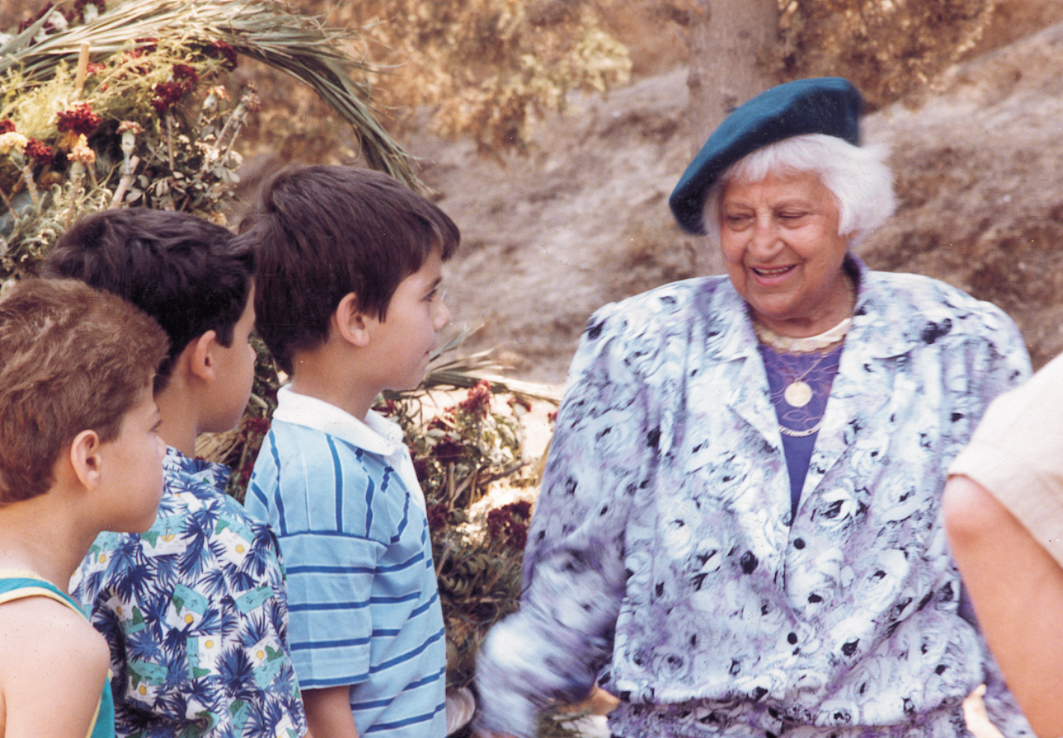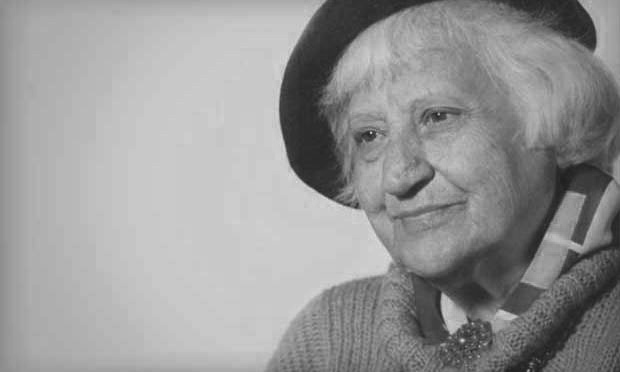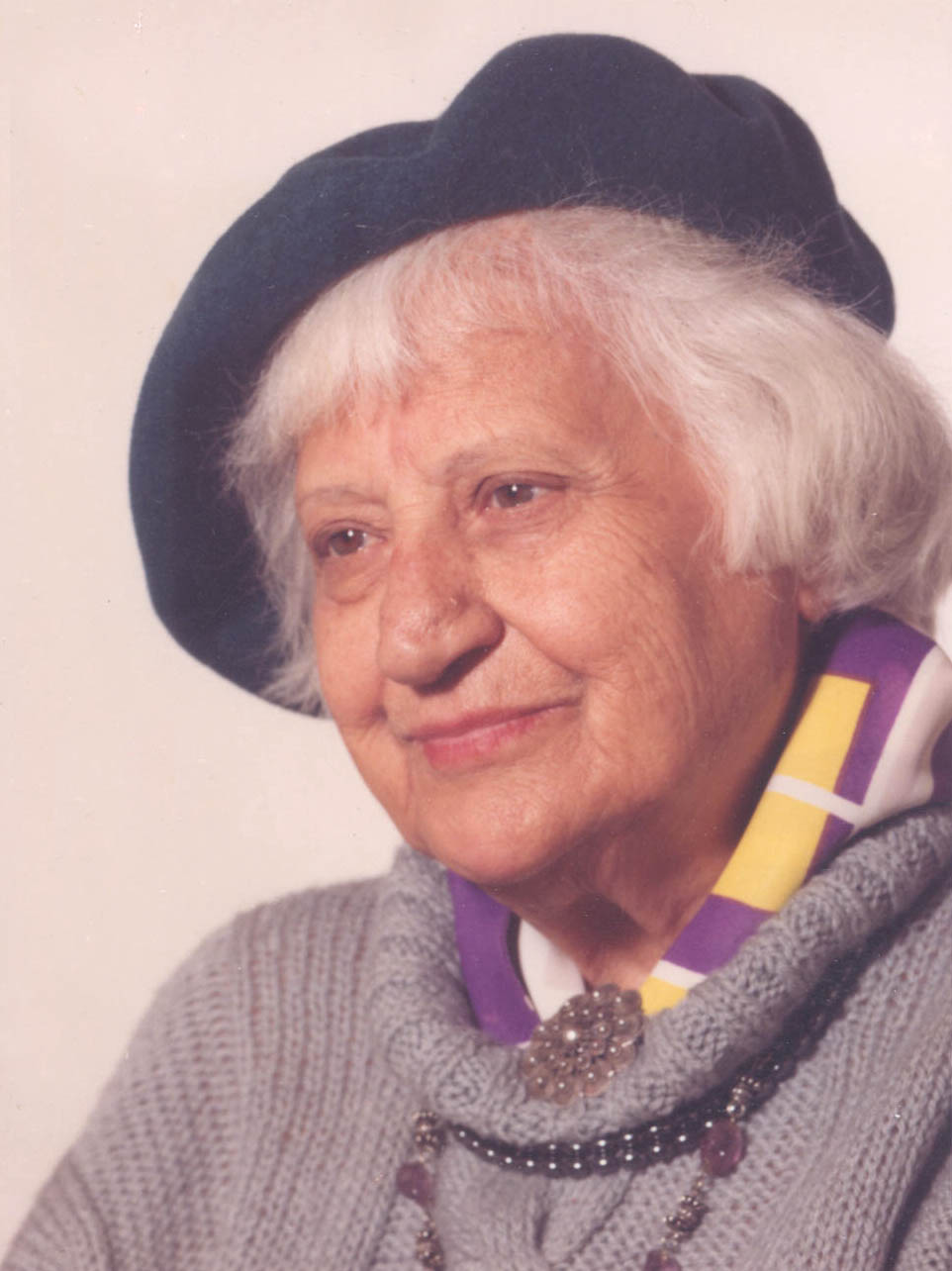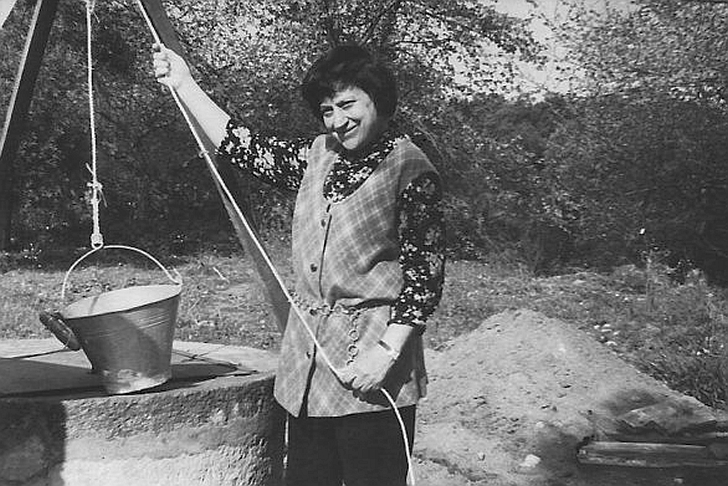Dido Sotiriou was born in Aydın, Asia Minor, on February 18, 1909, the daughter of Evangelos Pappas and Marianthi Papadopoulou. In 1919, her family settled in Smyrna and, after the Asia Minor Catastrophe of 1922, they became refugees in Piraeus and later in Athens. The experience of displacement and uprooting left an indelible mark on her memory and became the cornerstone of her future literary work.
Although she studied French philology at the French Institute of Athens and later for a short period at the Sorbonne in Paris, Dido Sotiriou eventually found her path through journalism and literature. From 1936 she worked as a journalist, taking on the position of editor-in-chief at the magazine Gynaika (Woman). She also collaborated with newspapers and magazines, while during the German Occupation she was actively involved in the Resistance Press.
“The secret is love. Love for everything.
Love for people and their struggles.”
Her first novel, The Dead Await, was published in 1959 and opened the way for a remarkable literary career. Three years later, in 1962, came Farewell Anatolia (Matomena Homata), the emblematic work that established her as one of the most important voices of modern Greek prose. Through the testimony of the fictional character Manolis Axiotis, she chronicled the journey of the Asia Minor Greeks from prosperity to destruction, shedding light on the deep wounds left by history. The book met with enormous success, was translated into many languages, and remains timeless reading to this day.
“Writing is the oxygen I breathe.”
Other notable works followed, such as The Command (1976) and We Are Being Demolished (1982), where she explored social and political issues, delved into the truths of postwar Greece, and posed questions of individual and collective responsibility. Her writing is realistic, often sharp, but always profoundly humane, with a clear aim to preserve memory and to give voice to those who were silenced.
In an interview in the 1970s, she stated: “The first stimulus a writer receives comes from their personal experiences… my own personal experiences were inseparably linked with the struggles of Hellenism in the 20th century.” This statement reveals the essence of her work: Sotiriou’s literature is not just storytelling but the recording of memory, political consciousness, and social awareness.

Her contribution was recognized with important distinctions: in 1989 she received the Special State Prize for Literature, in 1990 the Academy of Athens Prize for Letters and Fine Arts, and in 1995 she was awarded the Order of the Phoenix. In 2001, the Hellenic Authors’ Society established the “Dido Sotiriou Prize” in her honor, awarded to authors who promote intercultural communication.
Dido Sotiriou passed away on September 23, 2004, leaving behind an invaluable legacy. Through her works, she narrated the suffering, the losses, but also the resilience of an entire people. Her writing remains alive not only as literature but also as historical testimony, as a voice reminding us that history is written with the lived experiences of human beings.






